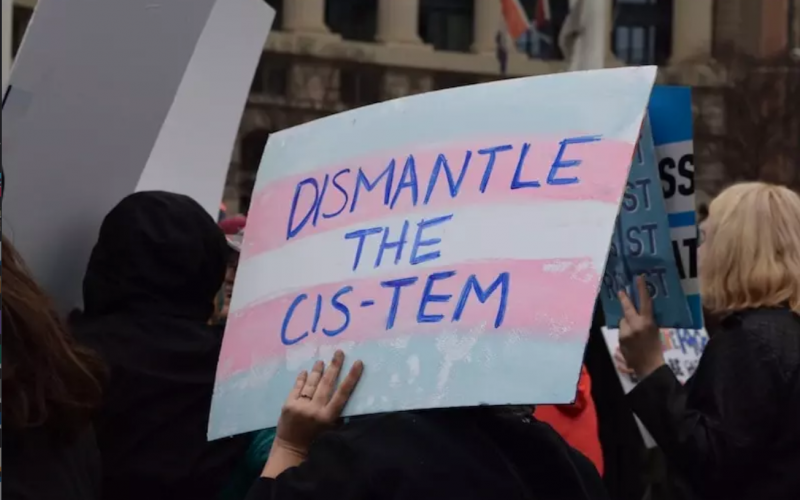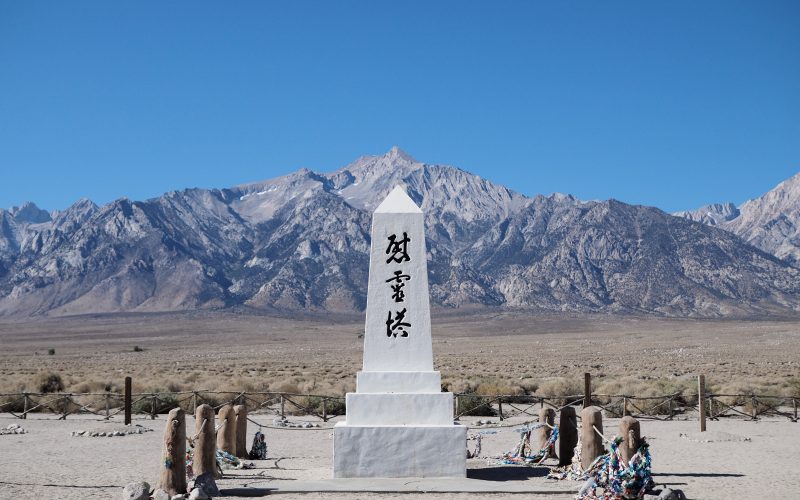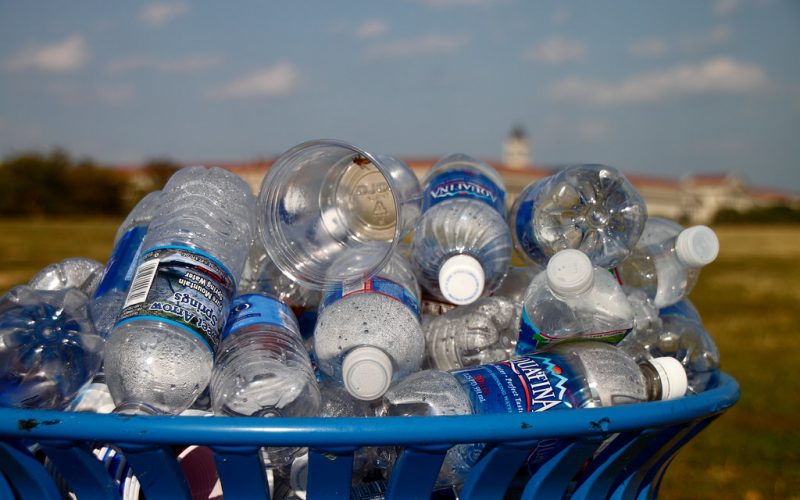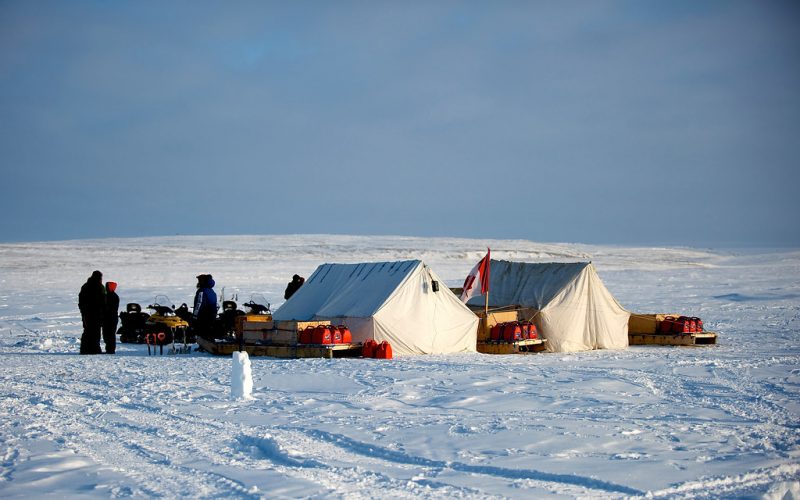On September 29th, 2021, the British Colombia Human Rights Tribunal ruled that the intentional misgendering of a person in the workplace consists of a human rights violation. After a heated […]
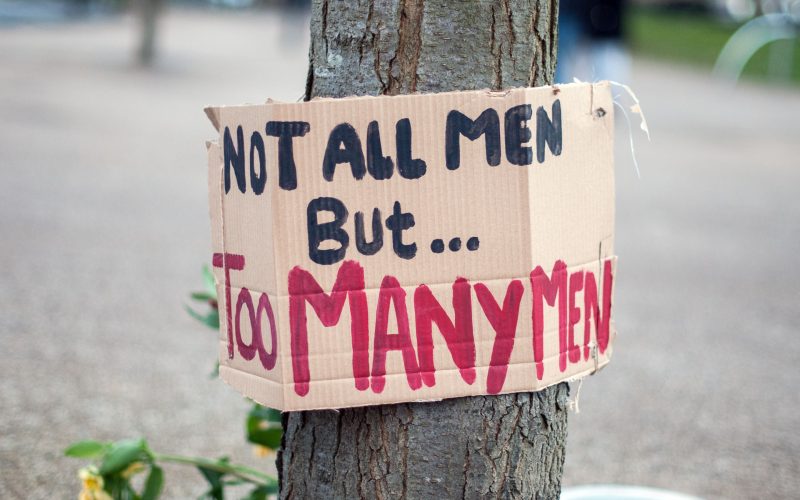
The recent assault and murder of London-based marketing executive Sarah Everard by Westminster Metropolitan police officer Wayne Couzens has shone a spotlight on conversations surrounding gender-based violence as well as the role police forces play in exacerbating the threat this poses to women’s safety worldwide. Besides the fact that harassment and assault is far from being an unusual occurrence for women — an already distressing reality — the brutality that has been shown by actors of the law supposedly there to ensure the population’s security further contributes to ongoing feelings of fear. As such, the role of Couzens in Everard’s killing has further opened the debate to questions regarding whether increased policing, particularly that of a male-focused nature, is an appropriate response to growing concerns about the violence faced by women, considering that it tends to be one often proposed by state institutions.

